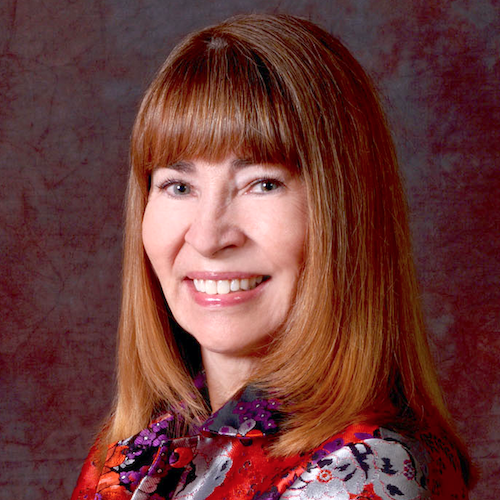
A life plan community’s amenities, religious affiliation and geographic location may give its residents an edge on health and wellness, according to the results of the second year of the five-year Age Well Study being conducted by Mather Institute and Northwestern University. The results were released Tuesday.
“The associations outlined in the research findings offer valuable insights to both residents who want to be healthier and to life plan communities interested in developing and customizing resources and programs to better support resident wellness,” Mather President and CEO Mary Leary said.
The research is the only national longitudinal study to evaluate the effects of living in a life plan community on residents’ health and well-being, Mather said. Findings are based on survey responses from more than 5,700 residents in 122 life plan communities across the United States. Life plan communities also are known as continuing care retirement communities, or CCRCs.
Similar to the first-year results of the Age Well Study, the second-year findings found few associations between organizational characteristics of life plan communities and residents’ healthy behaviors and outcomes. “It may be that these high-level environmental factors do not directly impact residents’ health, and that more personal factors may play a more critical role,” the report authors stated.
Some relationships were observed, however:
- Residents in communities with more amenities were more physically active, possibly due to the availability of features supporting physical wellness.
- Residents of religiously affiliated communities spent more time spent on meditation or personal contemplation compared with residents of nonaffiliated communities. “Due to how the question was worded, religious participants might have included prayer in this category of behavior, explaining their increased frequency of engagement,” the report authors said.
- Residents of communities in the South spent more time on social activity, meditation or personal contemplation than did residents of communities in other regions.
Individual characteristics stronger indicator of wellness
Individual characteristics of residents proved to be a stronger indicator of their wellness, Mather said. Findings suggest approaches that life plan communities may be able to use to increase resident health and wellness, according to the report:
- Provide a variety of wellness offerings that may appeal to residents with different personalities. “For example, boisterous group exercise classes may be well-suited for extroverts, whereas introverts may prefer one-on-one fitness coaching or exercise in their private residences,” the report authors said. Overall, residents who tended to be more extroverted reported more healthy behaviors and better health overall.
- Pair an educational program aimed at changing residents’ expectations regarding aging with an exercise class to potentially improve residents’ physical activity levels. Residents who reported higher levels of psychological / personal resources, such as optimism and positive perceptions of aging, tended to report more positive outcomes.
- Offer a spectrum of programs, opportunities and resources to address diverse interests. Residents may prefer to fulfill their social and spiritual needs in different ways.
- Educate residents about aging and physical activity. Although in the study, 60% of residents indicated that they are sufficiently physically active, among residents who are not sufficiently active, the most commonly mentioned barrier was health. “Some residents may have a general misconception that it is not safe for older adults to exercise or they may not know how to safely modify physical activities to accommodate any physical limitations,” the report authors said.
The Age Well Study measures residents’ self-reported health and wellness metrics through a survey taken annually over five years. Results are being compared against a demographically similar sample drawn from the Health and Retirement Study conducted by the University of Michigan.
Download the second-year report at https://www.matherinstitute.com/agewellstudy/.
Mather Institute’s research partners include Northwestern University, the American Seniors Housing Association, LeadingAge, Ziegler, Novare, Life Care Services and the National Investment Center for Seniors Housing & Care.



